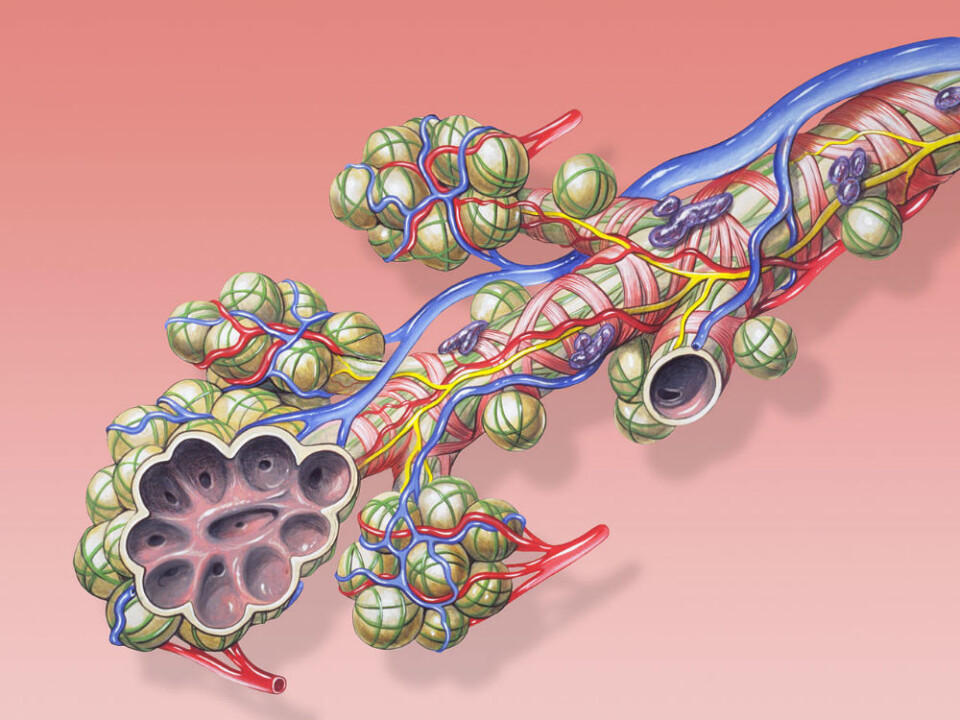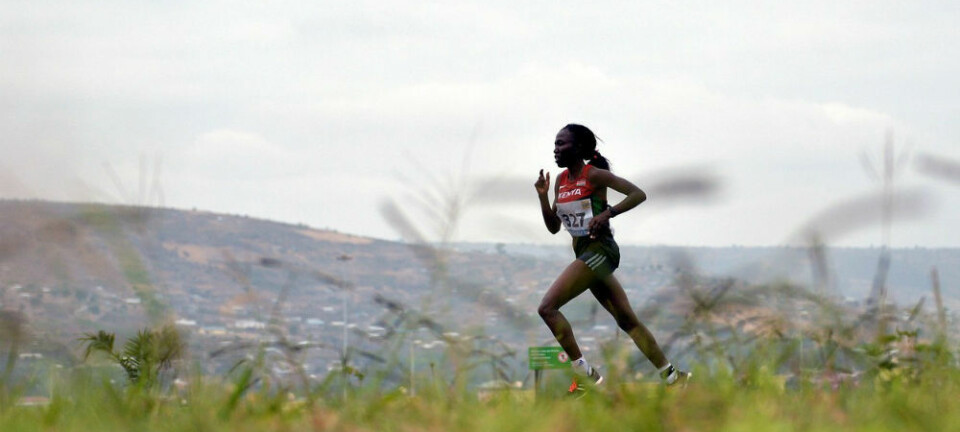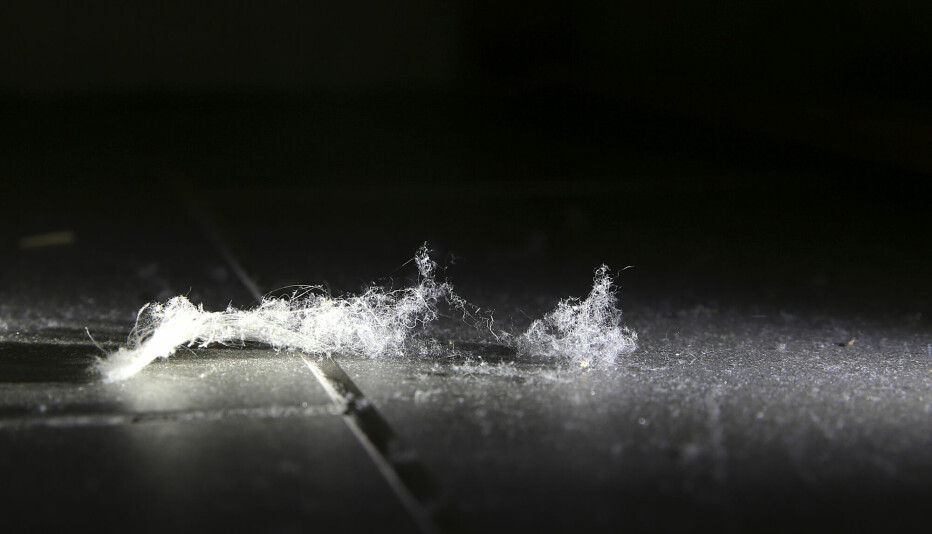
Why does your mouth taste like blood during intense workouts?
And should you take a break if it happens?
Many joggers and aerobic exercisers have developed that metallic taste of blood in their mouths after a hard run or workout. What causes it?
Henning Ofstad Ness is a research fellow at the Norwegian University of Science and Technology (NTNU) and studies what happens in the heart during endurance training.
He says the characteristic blood taste usually has a very elementary explanation.
Pressure on small arteries
“The taste of blood usually occurs when you engage in high-intensity exercise. This increases the heart rate and raises blood pressure,” he explains to ScienceNordic’s Norwegian partner, forskning.no.
Pulse rates increase because the heart has to pump more oxygen-rich blood out to the muscles. The blood needs to be pumped through the lungs to get that oxygen.

When you inhale the oxygen is drawn down the windpipe, which divides into smaller and smaller bronchioles until the air reaches the tiniest sacs in the lungs, called alveoli.
Tiny blood vessels – pulmonary veins and arteries – branch down into capillary beds that wrap around the alveoli. Blood cells passing through pick up oxygen and release carbon dioxide, which we exhale.
“These small blood vessels are very thin and porous. High blood pressure can make them break open a little. This enables some blood reach the surface of the alveoli,” says Ness.
The harder you exercise the faster you breathe. The iron smell of the blood on the surface of the alveoli probably leaks out when you exhale.
“So you are not getting blood in your mouth. If you do, however, that would indicate something disease related,” warns Ness.
Train more, taste less
Ness underscores that the blood taste from this pressure in the tiny pulmonary arteries and capillaries may be unpleasant but it is not dangerous.
Does everyone experience this?
“That’s hard to say. But I would guess that it most often occurs with people who are in poor shape. It’s especially common is they haven’t done much exercise before and start with a hard aerobic session or running. I think professional athletes can also experience it, but less readily and less often,” says Ness.
He explains that as you get in better condition the blood vessels will grow stronger and more capable of handling the high pressure.
It is also a good idea to warm up sufficiently before running at full throttle.

“Arteries expand as body temperature rises. If you start too hard, for instance in a competition, you are in more risk of getting that taste of blood,” says Ness.
But is it unhealthy to keep on exercising after it occurs?
Ness thinks not. But even if there is no immediate danger it probably is a good idea to reduce the intensity of your aerobic exercise or jogging.
“This is a signal from the body to take things a bit easier,” says Ness.
RELATED: Perhaps you would also like to know
- Why you shouldn't exercise too hard
- Is it possible to lose weight while building muscle?
- Should you exercise if your muscles are sore?
Other causes
Ness says he did a quick search of medical literature to see if there are any new studies about this taste of blood connected to hard exercise. He found little that was new.
“The explanation is in old textbook theory. It might just be that this phenomenon is so easily understood that there has not been so much more to say about it,” explains Ness.
Associate Professor Are Martin Holm works in the Oslo University Hospital’s Division of Cardiovascular and Pulmonary Diseases. He couldn’t uncover much research on the subject either. Although he has not done his own research on this phenomenon, he thinks there could be other explanations for this taste of blood.
“It might be that you get dehydrated and that the mucous membranes in the mouth dry out. This can change the taste in your mouth. Still another explanation is that you regurgitate some of the content of your stomach without noticing it,” says Holm.

Holm points out that, in any case, individual experiences of taste are fairly subjective and hard to conduct research on.
“What you experience as the taste of blood might not be the same thing I experience as the taste of blood. Maybe it’s the same taste you get after sleeping with your mouth open, only we don’t call that the taste of blood,” says Holm.
Holm is sceptical to the explanation that blood leakage from the vessels around the alveoli is the cause of the taste.
“It would be pretty hard to achieve that situation through exercise. The pressure in the arteries does rise when you train hard. But it would take a lot to make them split open and bleed,” asserts Holm.
———
Read the Norwegian version of this article at forskning.no
Translated by: Glenn Ostling



































